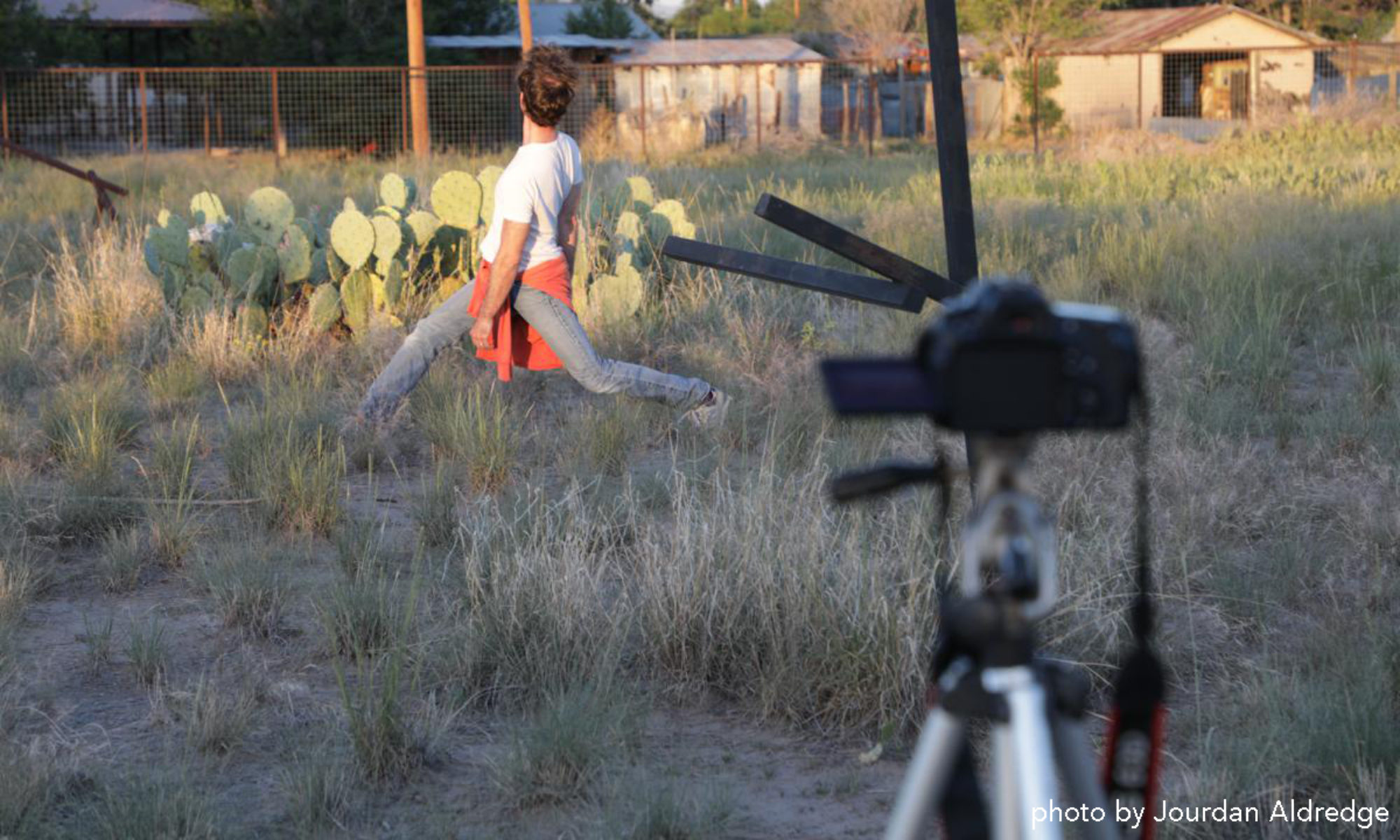And to those who might be tempted to criticize [improvisation] for concerning itself primarily with the analysis of the discontinuous, to all those agoraphobics of history and time, to all those who confuse rupture and irrationality, I will reply: “It is you who devalue [choreography] by the use that you make of it. You treat it as the support-element to which everything else must be related; you treat it as the primary law, the essential weight of any [dance-making] practice; you would like to analyse every modification in the field of this inertia, as one analyses every movement in the gravitational field. But according this status to [choreography] you are merely neutralizing it, driving it out to the outer limit of time, towards an original passivity. [Improvisation] proposes to invert this arrangement, or rather (for our aim is not to accord to [improvisation] the role formerly accorded to [choreography]) to play one off against the other; to show how [improvisation] is formed in accordance with the same conditions and the same rules as [choreography]; and how it enters the field of [dance-making] practice. – pg 174
Foucault, M. & Foucault, M., 1972. The archaeology of knowledge ; and, the discourse on language, New York: Pantheon Books.
